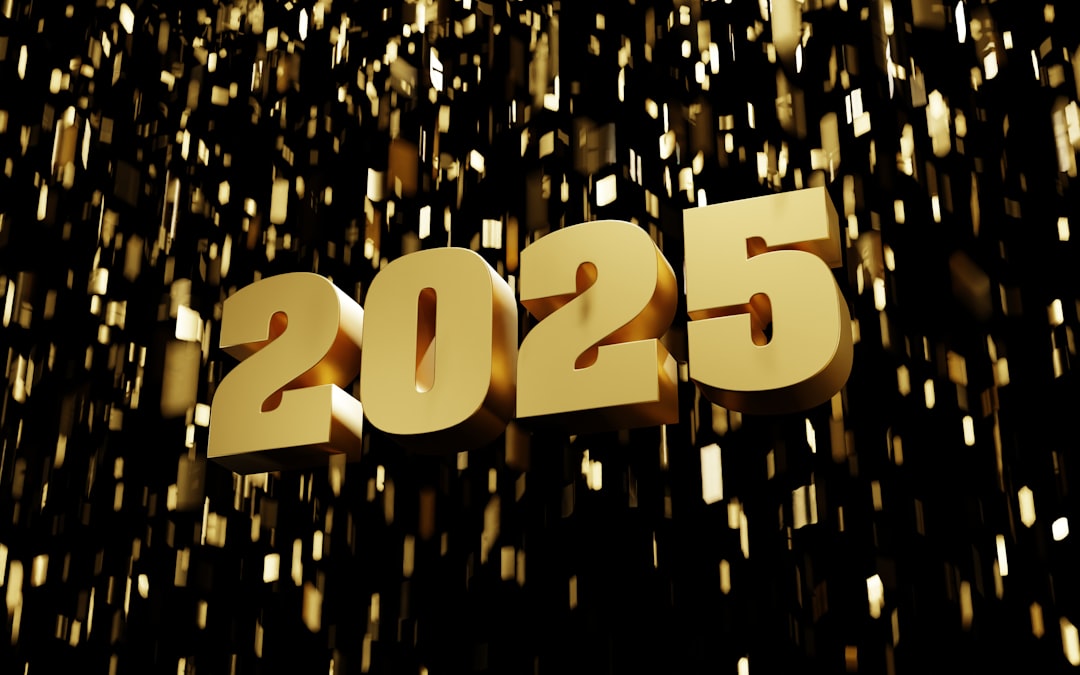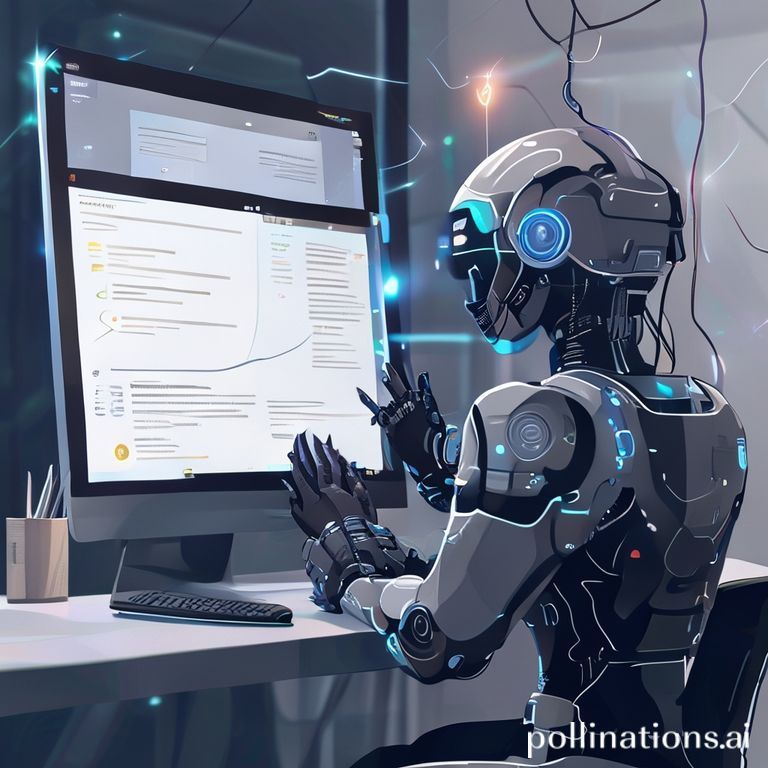Table of Contents
- Introduction
- The Limitations of AI in Understanding Nuance and Context
- Why Automated Content Lacks the Human Touch
- AI Writing Tools and the Challenge of Originality
- How Content Writers Bring Creativity Beyond AI’s Capabilities
- Content Curation: The Human Element AI Can’t Replace
- The Role of Emotional Intelligence in Writing Quality Content
- Adapting Style and Tone: A Human Skill Beyond AI
- The Necessity of Human Experience in Creating Relatable Content
- Conclusion
- Frequently Asked Questions
Introduction
In the rapidly evolving digital landscape, Artificial Intelligence (AI) has become the spotlight of innovation, promising to revolutionize various industries. From automating mundane tasks to analyzing massive datasets, AI’s capabilities are undeniably impressive. However, when it comes to the intricate art of content creation, can AI ever truly replicate the inventive prowess of human writers?
The question sparks a lively debate among technologists and wordsmiths alike. While AI can churn out articles with lightning speed, generating content that delights, inspires, and resonates with readers is a challenge that machines have yet to conquer. This critical debate focuses on the essence of creativity itself, exploring the symbolic dance between human intuition and structured algorithms.
Join us as we embark on a quest to understand why content writers remain irreplaceable forces of creativity. In this article, we delve into the unique blend of human experiences, cultural insights, and emotional depths that fuel original writing. Together, we’ll unravel the complexities of the written word in the age of intelligent machines, pondering why AI may complement—rather than supplant—the imaginative flair of talented content creators.
The Limitations of AI in Understanding Nuance and Context
Imagine a world where machines do the talking—every word polished, every sentence perfectly constructed, yet something’s missing, like a song without a melody. AI, for all its bells and whistles, just can’t grasp the subtle dance of human context and nuance. Sure, it processes data faster than a speeding bullet, but when it comes to truly ‘getting it,’ things get a bit fuzzy.
Once upon a time, I handed over a tongue-in-cheek joke to an AI and got a response as flat as a pancake. It was like telling a story to a brick wall. AI doesn’t chuckle at irony or gasp at the twist of a simile. It reads the words but misses the undercurrents that give language its spice.
Picture AI as an eager student, always learning but never quite understanding the lessons of life’s little complexities. When we say, ‘the world’s a stage,’ AI gets stuck figuring out where the curtains are. So, while AI might mimic our style, it lacks the soul to truly connect the dots of human emotion and experience.
Why Automated Content Lacks the Human Touch
Imagine reading a story crafted by a machine. Sounds intriguing, right? But here’s the rub: it’s not quite the same as a tale spun by a seasoned storyteller, full of heart and soul. Automated content, much like a robot dance, can hit every beat, but often it misses the rhythm of human expression. It’s like cooking without seasoning—technically correct but lacking that zing that makes you go, ‘Wow!’
The charm of human-written content lies in its ability to weave a rich tapestry of emotion and nuance. When a writer pens a piece, they bring along a suitcase full of personal experiences, anecdotes, and a unique worldview. It’s the difference between a perfumer and a factory machine; one crafts a symphony of scents while the other just blends ingredients.
Think about it. A machine might spit out facts, but can it capture the bittersweet irony of an unexpected twist or the warmth of a heartfelt anecdote? In the hands of a human, words have the power to dance like leaves in the autumn breeze, painting images so vividly they jump off the page. And let’s face it, folks still seek a human touch—a comforting voice in a sea of screens.
AI Writing Tools and the Challenge of Originality
Ah, the age-old challenge of crafting something that bursts with originality! Now, AI writing tools, with all their bells and whistles, claim to offer writers a helping hand. But, here’s the kicker: they often stumble when it comes to weaving that magical tapestry of genuine creativity. Sure, they can churn out text quicker than you can say “abracadabra,” but originality? That’s a horse of a different color.
Think of a master chef, stirring in the secret ingredient that transforms a good dish into an unforgettable culinary masterpiece. That’s what true originality in writing requires. AI, try as it might, lacks the human touch—the ability to draw from the deep well of personal experience and emotion. It’s this charm, this sprinkle of authenticity, that brings words to life.
Remember the tale of the boy who cried wolf? In the world of AI, that wolf often shows up as repetitive phrases and clichéd expressions. Predictable, like clockwork, right? But human writers, they’re like jazz musicians, free to improvise, with the power to sprinkle prose with irony, dash it with humor, and marinate it in empathy. With AI, you might hear the notes, but the soul? Now, that’s hard to mimic.
How Content Writers Bring Creativity Beyond AI’s Capabilities
Picture this: A world where words dance gracefully, much like a seasoned ballet troupe on stage, weaving stories that leave audiences spellbound. That, dear reader, is the realm of the human content writer, where creativity leaps and bounds beyond what any AI could conjure. Sure, computers are whizzes at number crunching, but when it comes to sparking emotions or painting pictures with prose, they’re a bit like a fish out of water. Remember that time when your heartstrings tugged at the mere reading of a gripping tale or a sobering poem? That’s the touch of a hand guided by human experience and emotion.
Ah, the irony! In a world spinning faster than a hamster wheel, folks crave authenticity and warmth—attributes innate to humans. Writers not only pen words but they breathe life into them, like an artist splashing vibrant hues on a blank canvas, creating landscapes only the heart can traverse. Writers can see the forest for the trees and add depth and nuance. They know how to whisper secrets, shout from rooftops, and forge connections between distant souls.
So, though AI tools may pave their way, content writers remain the artisans sculpting timeless tales, proving some things don’t change like the ebb and flow of the tide.
Content Curation: The Human Element AI Can’t Replace
Gather ‘round, folks. Let me tell you a little tale about content curation. Imagine an old fisherman sifting through his day’s catch, tossing aside the underwhelming ones, keeping only the finest for his supper. That’s what content curation is all about, and it’s something AI just can’t master the way humans do.
For starters, the human touch is about understanding nuance, like when grandma knows just how much sugar to add to make her pie perfect. AI, bless its silicon heart, tries to replicate that subtlety, but the result is often as satisfying as a chocolate chip without the cookie. When it comes to emotional finesse, AI is pretty tone-deaf, often missing the forest for the trees.
Think of the irony—AI, with all its algorithms, can’t quite capture the spontaneous laughter that bubbles up when an article quote hits home. It’s the camaraderie among humans, recognizing irony or detecting an underlying message that really drives it home. So while AI might be the hare in a race, fast and systematic, content curation is the tortoise, slow but undeniably rich in essence and warmth.
The Role of Emotional Intelligence in Writing Quality Content
You know, crafting quality content isn’t just about stringing words together. Oh no! It’s about weaving a tapestry of emotions that connect with readers on a personal level. Let’s dive into how emotional intelligence is the secret sauce in this mix. Imagine words as seeds. Well, emotional intelligence is the sun and rain making those seeds blossom into heartfelt stories that resonate with people.
When writers infuse their work with genuine emotion, it’s like striking a chord with readers, who are often searching for content that feels authentic—not some cookie-cutter stuff churned out by a cold, calculating algorithm. It’s like the difference between hearing a lullaby and listening to static on the radio. That’s why we say AI might know grammar rules, but without a heart, it can’t play the music of the soul.
Remember the time when you read a story and felt like the writer was speaking directly to you? That’s the magic of empathy, understanding when to drop a light-hearted joke or when to take things seriously. Emotional intelligence is the tool that content writers wield, giving life and depth to their narratives, making readers think ‘Wow, someone else gets it!’ So, it’s not just a skill, it’s the art of human connection in writing.
Adapting Style and Tone: A Human Skill Beyond AI
Imagine trying to teach a robot to dance in a disco; it just doesn’t have the rhythm for it, right? That’s a bit like asking AI to adapt a writer’s style and tone with a human touch. Sure, AI’s got smarts, processing data faster than a speeding bullet, but when it comes to weaving words like a spider crafting its web, it’s a different ball game. As they say, the devil’s in the details and that’s where human writers shine.
Every piece of content is like a painting, and human writers hold the brush. They capture nuances, shifting tones like a chameleon, and adding flair that sparks imagination. Imagine reading a heartfelt story that makes you feel like you’re walking in the author’s worn-out shoes; AI struggles with that kind of magic. It’s like asking a fish to climb a tree; not happening!
Humans have a knack for storytelling handed down through generations, like old family recipes that AI can’t quite whip up. With the ability to sense the mood—the same way you just know when a storm’s coming—humans can adapt their language as smoothly as butter melting on hot toast. So, while AI’s joining the content game, it’s humans who’ve got the style that sticks!
The Necessity of Human Experience in Creating Relatable Content
When it comes to spinning a yarn, folks often say humans have the upper hand. You see, it’s the little quirks and quips, the chuckles and chortles, that sprinkle a story with life. Sure, AI’s got its game face on, pulling facts from the ether, but where’s the warmth? Picture a campfire story, the glow painting faces as tales unfold—can an algorithm capture that spark?
Now, imagine the narrative as a winding road. AI sticks to the tarmac, but humans, oh, they’ll take you through dusty back alleys and lush meadows, pointing out the sights. There’s this story about my old neighbor, Mrs. Jenkins, and her cat that thought it was a dog. The moral wrapped in fur and whiskers? You won’t find that in binary code!
Human experience, it’s got a way of weaving words into a tapestry, rich and vibrant. Content, when it strikes a chord, resonates like an old blues tune on a rainy evening. It’s the quicksilver of emotion, slipping through the digital fingers of AI. So, while machines clatter and click, creating content without a hiccup, it’s the human touch that turns the mundane into magic, making the reader feel that they’re not alone in this wild world.
Conclusion
The article underscores the irreplaceable essence of human content writers in infusing creativity, emotional intelligence, and nuanced understanding into their work—qualities that AI, despite its rapid advancements, cannot replicate. While AI serves as a valuable assistant in streamlining tasks, the real magic lies within the human touch, enhancing content with depth and relatability. However, in the dynamic content landscape, it’s crucial to leverage innovative tools like WPHorde to stay competitive. By integrating AI-driven solutions with human creativity, content creators can optimize their efforts and remain at the forefront of their field. Don’t get left behind; embrace the tools that empower your writing journey!















